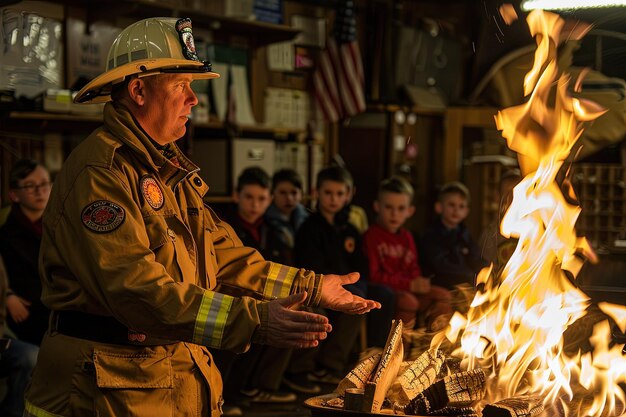How to Become a Fire Marshal: Education, Certifications, and Licenses
Becoming a fire marshal is a commendable career choice requiring a blend of formal education, specialized training, and field experience. Typically, aspiring fire marshals start by gaining foundational knowledge and skills through a degree in fire science, public safety, or a related discipline. This educational grounding is crucial, as it provides a comprehensive understanding of fire prevention, fire protection technology, and emergency management. Moreover, many educational institutions offer programs tailored specifically to this field, often including valuable coursework that covers fire behavior, inspection techniques, and applicable codes and standards.
In addition to a degree, obtaining relevant certifications and licenses is integral for advancing in this career. Organizations such as the National Fire Protection Association (NFPA) and the International Code Council (ICC) offer a range of certifications focusing on fire inspection and investigation, which are essential skills for a fire marshal. Practical experience, usually gained through serving in roles such as a firefighter or fire inspector, is often a prerequisite. Continued professional development is not only recommended but necessary in this ever-evolving field to remain informed about the latest in fire safety regulations and technologies.
Recommended Path to Becoming a Fire Marshal:
-
🎓 Degree Programs:
- Fire Science
- Public Safety
- Emergency Management
-
📜 Certifications:
- Certified Fire Inspector (CFI) from NFPA
- Fire Inspector Certification (FIC) from ICC
-
🔧 Licenses:
- Varies by state but often includes specific fire safety and inspection credentials
-
🏆 Experience:
- Prior roles such as firefighter or fire inspector
In pursuing education and training in these areas, individuals are more prepared to meet the challenges of a fire marshal's role, where ensuring public safety is of paramount importance.
